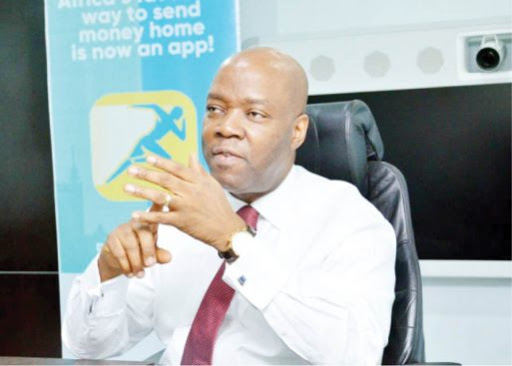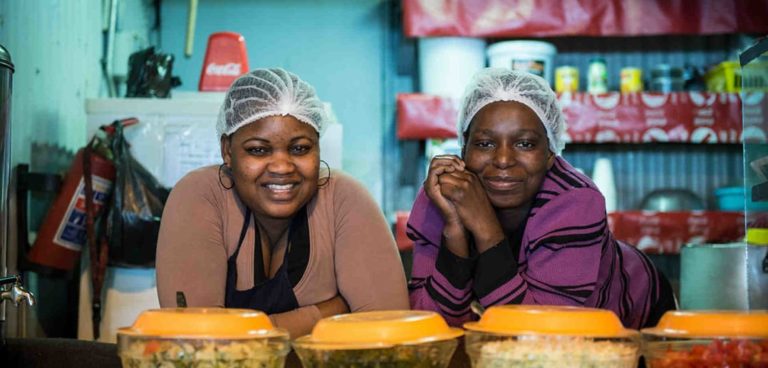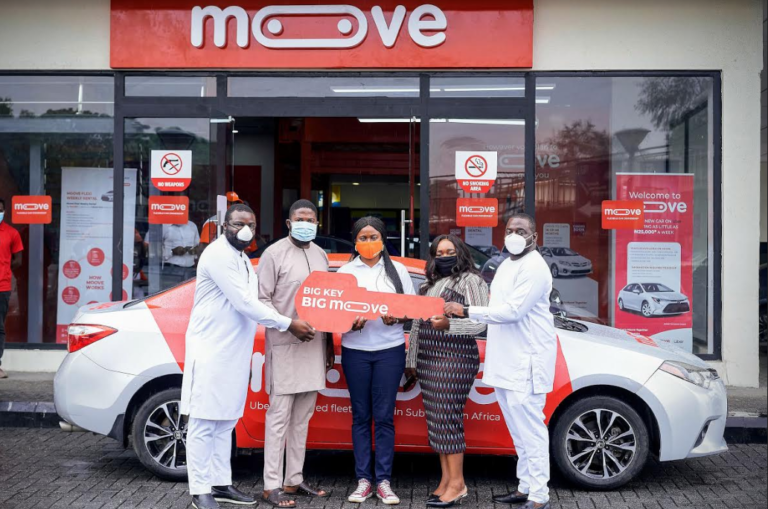The Central Bank of Nigeria has promised to support indigenous farmers to produce 12.5m metric tonnes of maize in the next 18 months.
Head, Development Finance Department, CBN, Mr. Yusuf Yila, said on Friday at a meeting with Maize Growers Processors and Marketers Association of Nigeria in Abuja that increased support was crucial in driving maize value chain in the country.
The meeting focused on strategies for effective implementation of the 2020 wet season CBN-Maize Anchor Borrowers’ Programme.
Represented by Mr. Elennor Ihua of Maize Champion, Development Finance Department, CBN, Yila said the bank was committed to making maize a focal commodity in Nigeria.
His words, “CBN is passionate about maize as a commodity. We believe that there is immense opportunity in that crop, and Nigeria has a comparative advantage to produce maize that will not only sustain the country but can be exported. It is on that premise that the CBN resolved to pursue the support of the maize initiative.
“Just this 2020 wet season farming, our total pursuit and target that we have met is 250,000 hectares across the country and MAGPAMAN coming for the first time has taken about 70 000. We have a mandate to ensure there is no maize scarcity in this country. So, our target for the dry season is to double that number.”
On his part, the Senior Commercial Officer, Commodities and Export Department, Ministry of Industry, Trade and Investment, Mr Inuwa Ibrahim, described the move as laudable, especially at a time the country was diversifying its economy.
Ibrahim stressed the ministry’s commitment to partner with commodity associations that were determined to promote food security in the country.
He urged the maize farmers to leverage on the CBN’s ABP to prove that they could produce for local demand.
The National President of MAGPAMAN, Dr. Edwin Uche, said that the association had received support worth N13bn from CBN for the 2020 wet season farming.
Uche urged the farmers to take advantage of the programme to improve maize production and pay back the loan.
“MAGPAMAN has received N13bn for the wet season maize ABP for 70,000 farmers.
“It is a programme that provides farmers access to finance, technology and mechanisation, and virtually to all key components of the value chain,’’ he said.
While commending the Federal Government for its policies in agriculture, Uche said that the CBN-Maize ABP had profited the association immensely.
“Our farmers have got their inputs and cash components. They are farming and activities are going on. We are working to address gaps where necessary.
“Maize is one of the commodities that can pull people out of poverty, it has a short life span, short gestation period and you can do it two or three times a year. So, what is an unemployed graduate doing when he can make a lot of money from it,’’ Uche said.
One of the partners, Ecobank, urged the farmers to regularise their accounts to fast-track easy access to the loan.
According to the Regional Manager, North, Rita Ademola, account regularisation is a key factor in speeding up the process of getting inputs in time.












